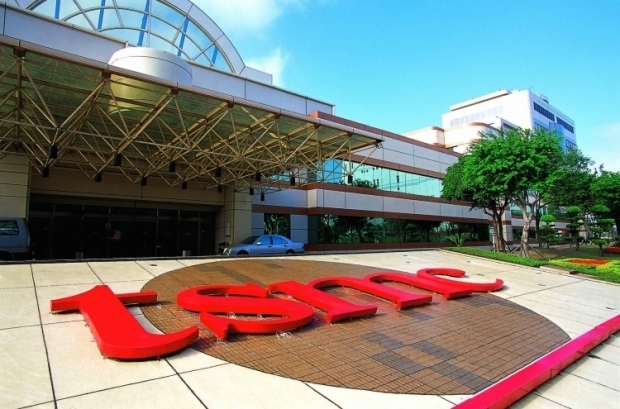The world’s largest pure-play semiconductor foundry says that customers have not been buying smartphones and PCs at the rates it had originally expected. As such, company co-CEO Mark Liu now expects a “less-optimistic” revenue outlook for the second quarter, though its target of a five to 10 percent increase in sales for the entire year remains unchanged.
Overall chip market to increase four percent this year
During an investors meeting on April 13th, the company added that it expects to post an eight to nine percent sequential decrease in revenues for Q2 2017. Meanwhile, it has raised its overall market outlook for integrated circuits (ICs) in 2017. Liu says that a stronger memory market will contribute to a seven percent increase in this sector, while all non-memory chips will see a smaller 4 percent increase.
10nm chips getting “fast ramp” this quarter (Q2)
Liu also disclosed that the company will be ramping up production of 10nm chips “very fast” in the second quarter of 2017, while “newer node technology” will account for about 10 percent of all TSMC’s wafer revenues this year. This also includes the 12nm Ultra Low Power (12ULP) node that was recently announced to compete with Samsung and GlobalFoundries 16nm nodes and to target Internet of Things applications.
As we wrote back in October, the foundry’s 7nm process technology is already being used by more than 30 customers and is expected to receive at least 15 tape-outs in 2017. Risk production, called “N7,” is scheduled to begin later in Q2 this year, while volume production is set for 2018. According to the company’s other co-CEO, CC Wei, more than half of 7nm customer tape-outs are for high-performance computing (HPC) applications. TSMC expects this market to become a major growth engine starting in three years.
Last month, the foundry also announced plans for a 22nm ultra-low power (ULP) planar process that should deliver a 20 percent area shrink from its 28nm process. This has been specifically developed for applications requiring lower operating voltage. Production is expected to begin in 2018.




